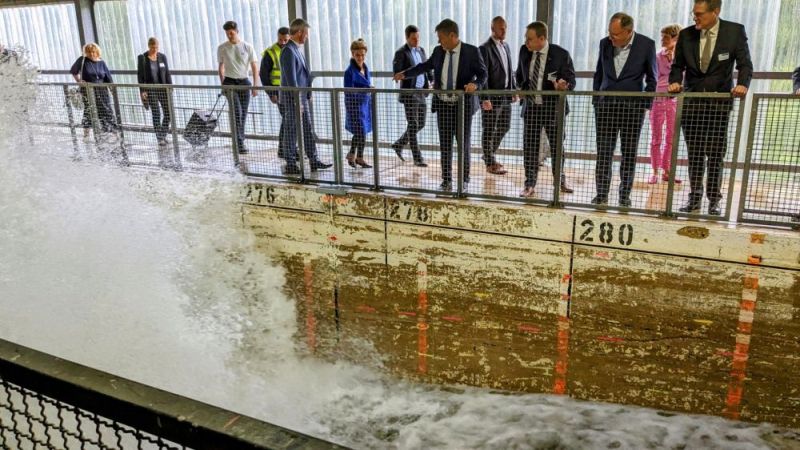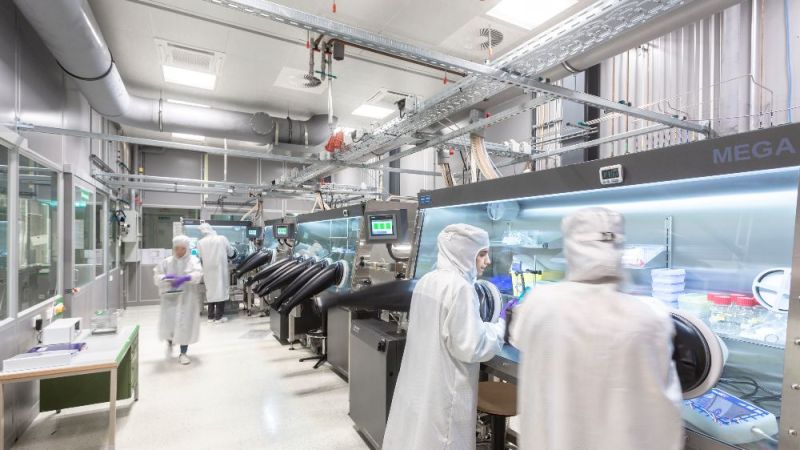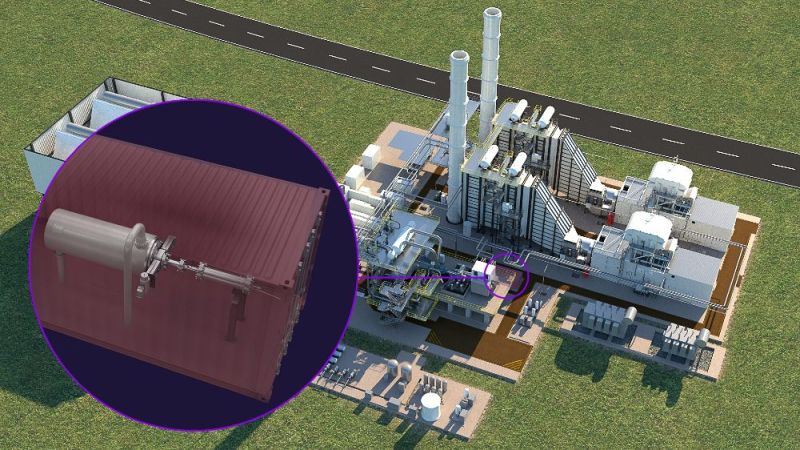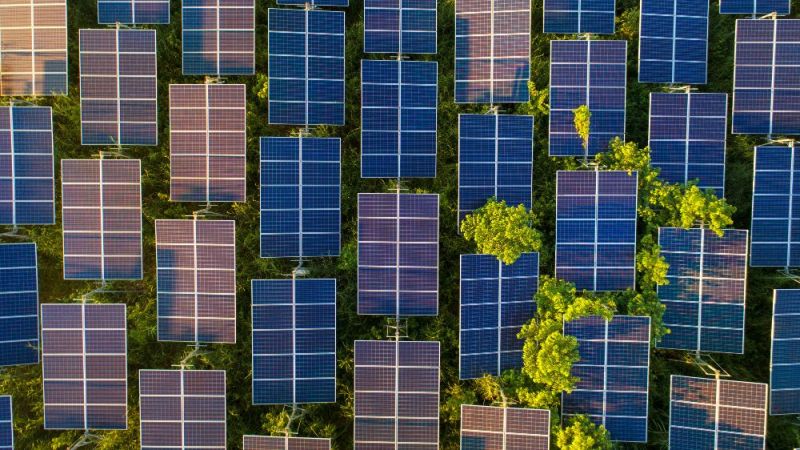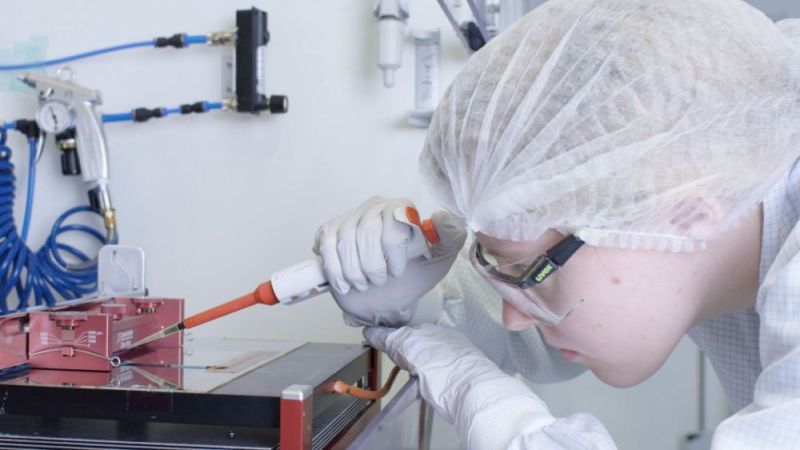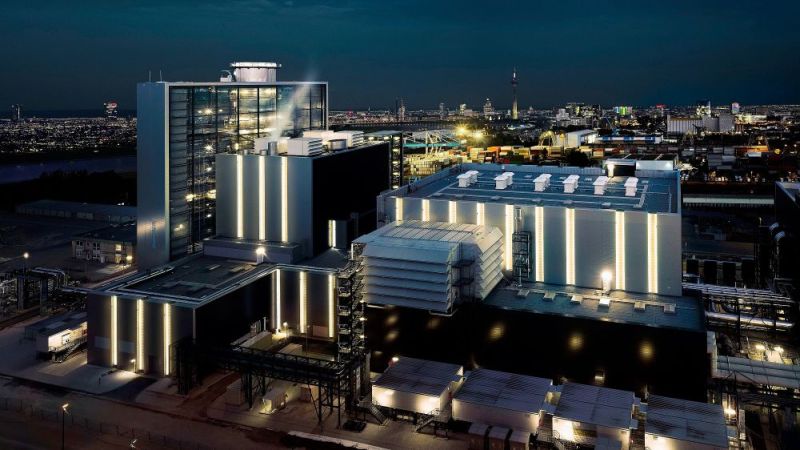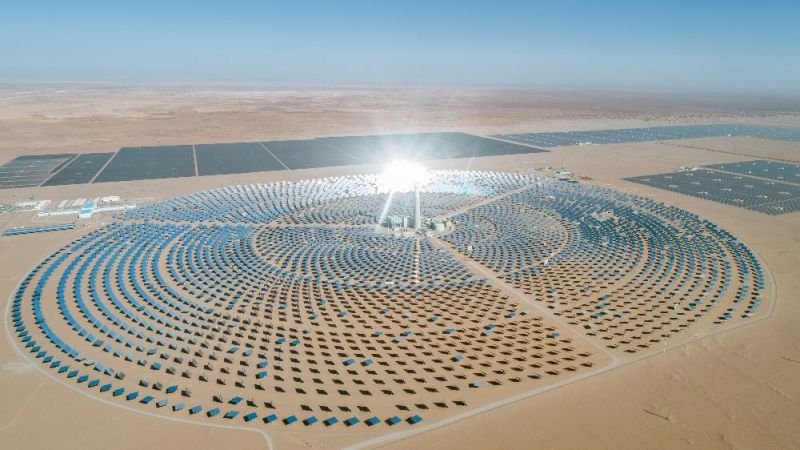Funding
Green power as a basis for hydrogen strategy
In the long run, only hydrogen produced with renewable energy sources is sustainable. This is stated in the Hydrogen Strategy of the Federal Government.
Using hydrogen economically and sustainably in the long term requires the consistent expansion of wind power and photovoltaics within the European Union, the paper continues. Harnessing the existing potential for renewable energy sources to produce green hydrogen could represent a great opportunity in the long term. The paper also highlights offshore wind power, which has a special role to play: Offshore, wind turbines achieve high full-load hours, meaning they reliably generate high amounts of power. The power is used for electrolysis, which splits water into hydrogen and oxygen.
The Federal Cabinet adopted the National Hydrogen Strategy on 10 June. "Hydrogen will be a key raw material for a successful energy transition", says Federal Minister of Economic Affairs Peter Altmaier. "As the energy medium of the future, it will play an important part in achieving climate targets both in Germany and worldwide. Germany will play a pioneering role here, as we already did 20 years ago with the promotion of renewable energy sources."
Application-oriented energy research as a central element
The Federal Government's hydrogen strategy creates a framework for action on how hydrogen is to be produced, transported, used and reused in the future. The strategy is aimed at enabling investment and triggering innovation. Research and development is a central element of the measures. The research results of today are seen in this context as the innovations of tomorrow. The tried and tested format of joint projects between industry and science will be continued, in addition to the new format of the real-world laboratories of the energy transition. The aim is to strengthen application-oriented energy research.


